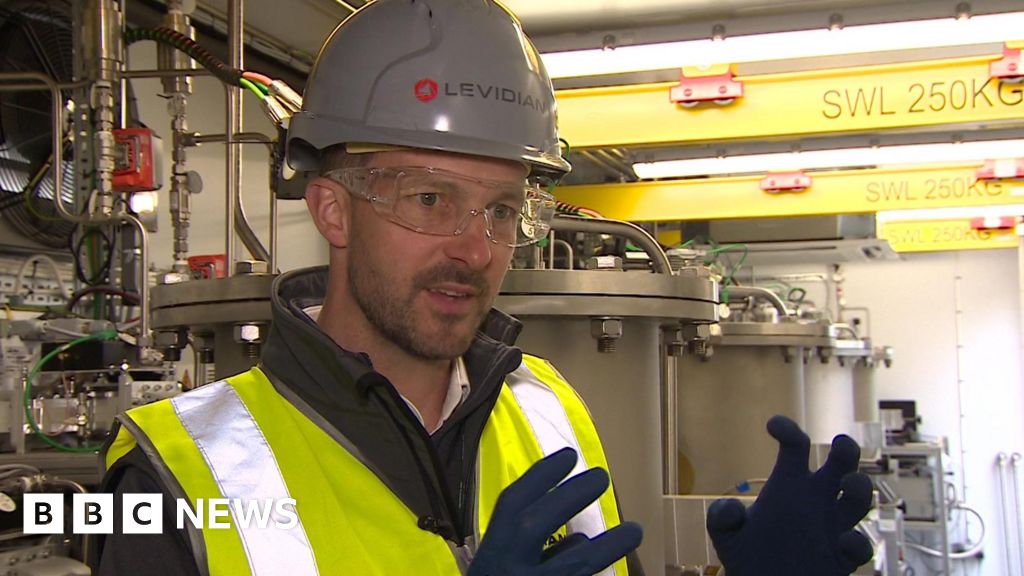Turning Waste into Wonder: Manchester's Groundbreaking Technology
Key Ideas
- A groundbreaking trial in Manchester is utilizing sewage sludge to produce hydrogen fuel and graphene, a world-first initiative with potential environmental and economic benefits.
- United Utilities and Levidian are collaborating on the project at Davyhulme sewage works, aiming to drive down operational costs and reduce carbon footprint by converting waste into high-value materials.
- The technology could potentially produce enough hydrogen to fuel over 40% of all UK bus and coach journeys annually, showcasing the scalability and impact of this innovative approach.
- The utilization of graphene, a remarkable material with various applications, further emphasizes the potential of this project in advancing sustainability across sectors like construction, transportation, and energy storage.
In a pioneering move, Manchester is at the forefront of technology that utilizes sewage sludge to create hydrogen fuel and graphene, a project hailed as a 'world first.' United Utilities, in partnership with Levidian, is conducting trials at Davyhulme sewage works in Trafford to explore the conversion of waste into valuable materials. The process involves producing biogas from sludge by-products and further splitting it into hydrogen gas and graphene using advanced techniques. Lisa Mansell from United Utilities highlights the potential of recovering high-value materials from waste to reduce operational costs and benefit customers.
The innovative conversion process at Davyhulme sewage works aims to yield significant amounts of hydrogen annually, enough to potentially fuel a substantial portion of the UK's bus and coach journeys. United Utilities plans to initially utilize the clean hydrogen and graphene to reduce its own carbon footprint, with future prospects of expanding the technology regionally and nationally. The project's scalability and environmental benefits are underscored by the potential applications of graphene in reducing carbon emissions in concrete production, enhancing tire lifespan, and improving battery performance.
The historical significance of the Davyhulme site, operating since 1894, coupled with Manchester's graphene discovery two decades ago, adds to the excitement surrounding this initiative. Tom Lisset, the director of Bioresource & Green Energy at United Utilities, expresses enthusiasm about the transformation of sewage waste into valuable resources, emphasizing the potential impact on sustainability and innovation. The project's success could pave the way for broader adoption of similar technologies, contributing to a more sustainable and resource-efficient future.
Topics
Utilities
Renewable Energy
Environmental Impact
Infrastructure
Innovation
Research
Sustainable Technology
Waste Management
Future Potential
Latest News
